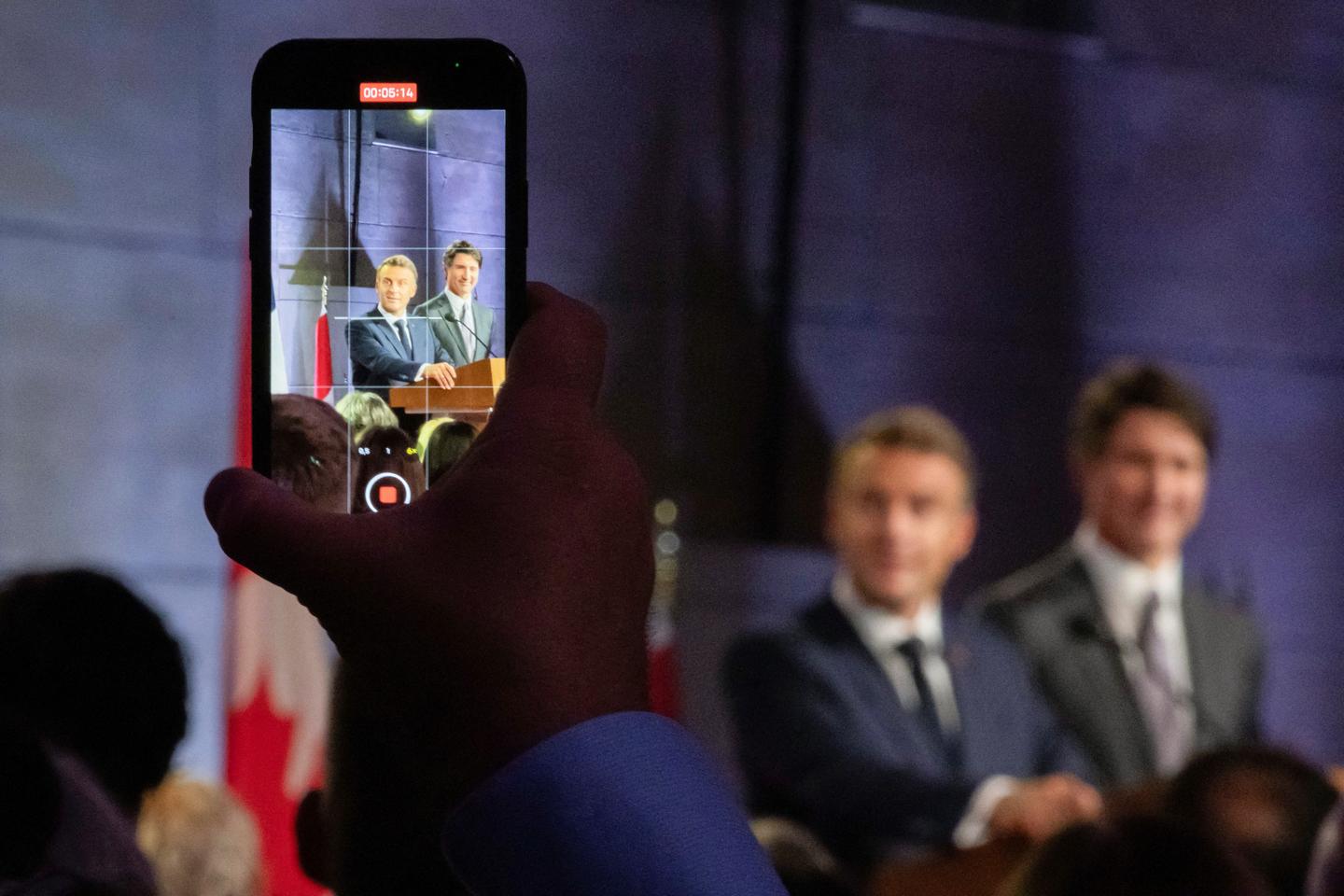“No bluster, please!” Michel Barnier’s advice to his ministers, as soon as his government was named on September 23, was obviously not addressed to Emmanuel Macron. Or was it? At the time, the prime minister was encouraging the members of his team to be “irreproachable and modest,” even if this meant breaking with the style of government previously placed under the direct authority of the president, himself renowned for his “performative” speech, capable of literally achieving an act by the very fact of saying it out loud.
The advice given by Barnier, busy with the difficulties of leading a coalition without a majority, opposed by the left and under the watchful eye of the far right, has a curious resonance when it comes to foreign policy, which Macron considers to be his “reserved domain.” If there is one area in which Macron has demonstrated this esbroufe – meaning, according to the dictionary, a “display of pretentious and insolent manners” – it is this one.
The former investment banker cannot be blamed for having attempted a lot on the international stage since the start of his first term in 2017, in a world more brutal than ever. He has undoubtedly learned a great deal from his many failures, with Donald Trump, whom he tried to coax, without much success, or with Vladimir Putin, who used Macron’s attempts at mediation to buy time before invading Ukraine in February 2022. And let’s not forget France’s withdrawal from the Sahel, under pressure from Russia, in the wake of military coups in Mali, Burkina Faso and Niger. Often, the president has inflamed debates, as when he warned of NATO’s “brain death” in 2019.
Keeping a low profile on the domestic scene since July and his camp’s defeat in the legislative elections organized in the wake of the failed dissolution of the Assemblée Nationale, Macron has been redoubling his activity on the international stage. He belatedly decided to attend the United Nations General Assembly in New York in September and followed this up with an official visit to Canada. From October 28 to 30, he will make a state visit to Morocco. He will then head for Brazil for a G20 summit in mid-November, less than two weeks after the election of a new US president. He may then travel to Saudi Arabia in early December. Not forgetting his many planned visits to Brussels, Berlin, Cyprus and Budapest, where he will be on November 7, for the fifth summit of one of his initiatives, the European Political Community, the future of which is still uncertain.
You have 54.29% of this article left to read. The rest is for subscribers only.
